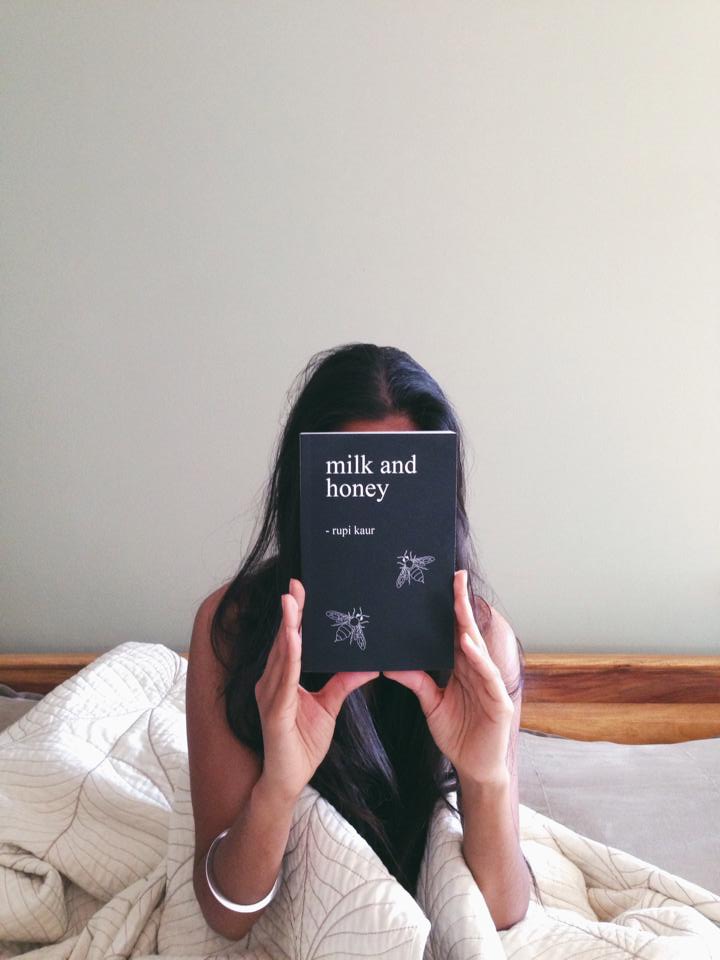by Anonymous
Attention, South Asian sisters! We have a gifted one among us, and she must be celebrated.
Rupi Kaur is a twenty-three-year-old, Indian woman living in Ontario, Canada. She recently published her collection of poems, “Milk and Honey.” Divided into four chapters, “the hurting,” “the loving,” “the breaking,” and “the healing,” this book explores the raw reality of being a woman in this world. Kaur shares her insight on a range of topics, from being in love to being let down.
[Read More: #DoYourOwnThing: What is the Correct Way to Promote Women’s Empowerment and Break Stereotypes?]
I believe every woman should read Kaur’s book, but I especially believe South Asian women should own a copy.
Here’s why:
Kaur isn’t afraid to speak on those topics that are often taboo in our culture: the advantage that men take of women, the truth behind falling in love, the pain that surrounds a breakup, and the strength behind femininity. She is a voice of our generation who isn’t afraid to speak up and speak out about topics that are tough to talk about. Her book leaves nothing unsaid; it is a brutal truth that depicts the realities of being a woman.
Here is an excerpt from her book:
Did you think i was a city big enough for a weekend getaway?
I am the town surrounding it, the one you’ve never heard of but always pass through
There are no neon lights here, no skyscrapers or statues
but there is thunder, for I make bridges tremble
I am not street meat, I am homemade jam thick enough to cut the sweetest thing your lips will touch
I am not police sirens, I am the crackle in a fireplace
I’d burn you and you wouldn’t take your eyes off me
I am not a hotel room, i am home
I am not the whiskey you want. I’m the water you need
Don’t come here with expectations and try to make a vacation out of me (page 97)
This poem is a testament to a woman’s self-worth, especially when she is in a relationship. Kaur demands recognition of her power as a woman- as we all should.
By reading her book and spreading her message, we are supporting a woman similar to ourselves. We are empowering a woman who is speaking up for us. We are building each other up, rather than tearing each other down, the way society pushes women to do too often.
Let us celebrate Rupi Kaur and celebrate womanhood.





